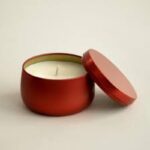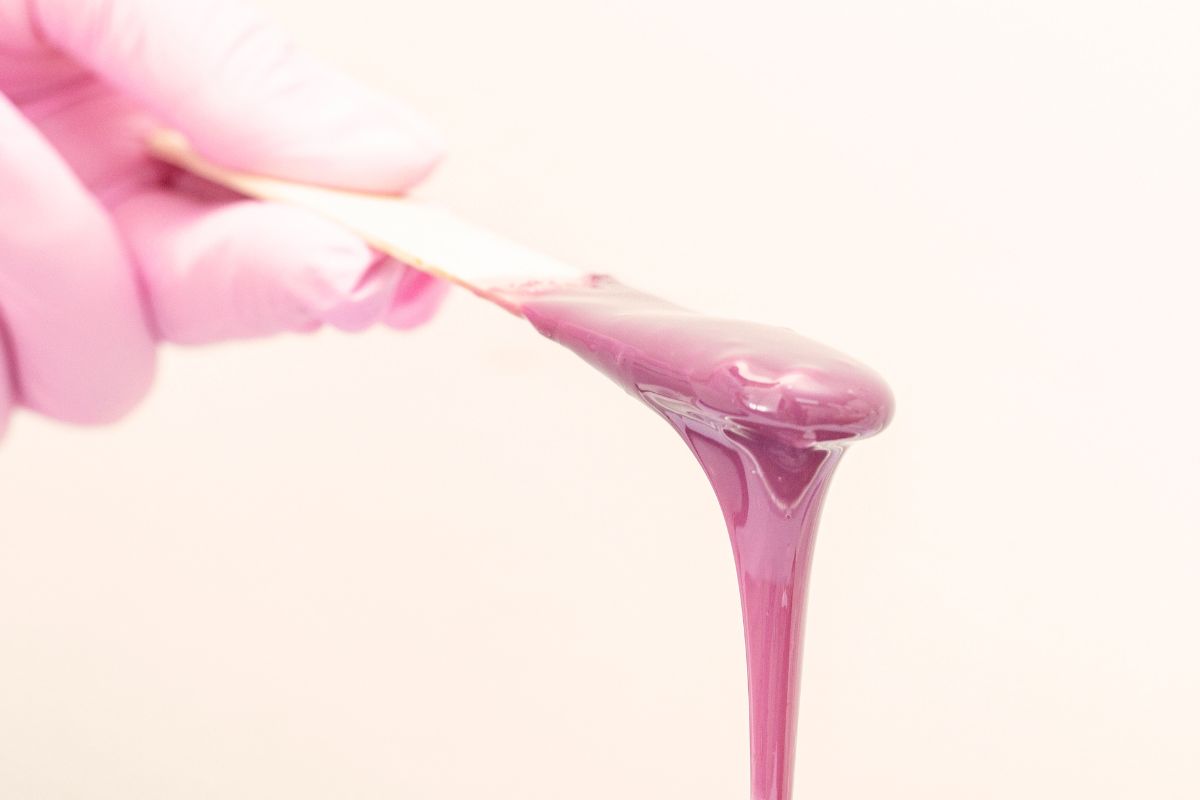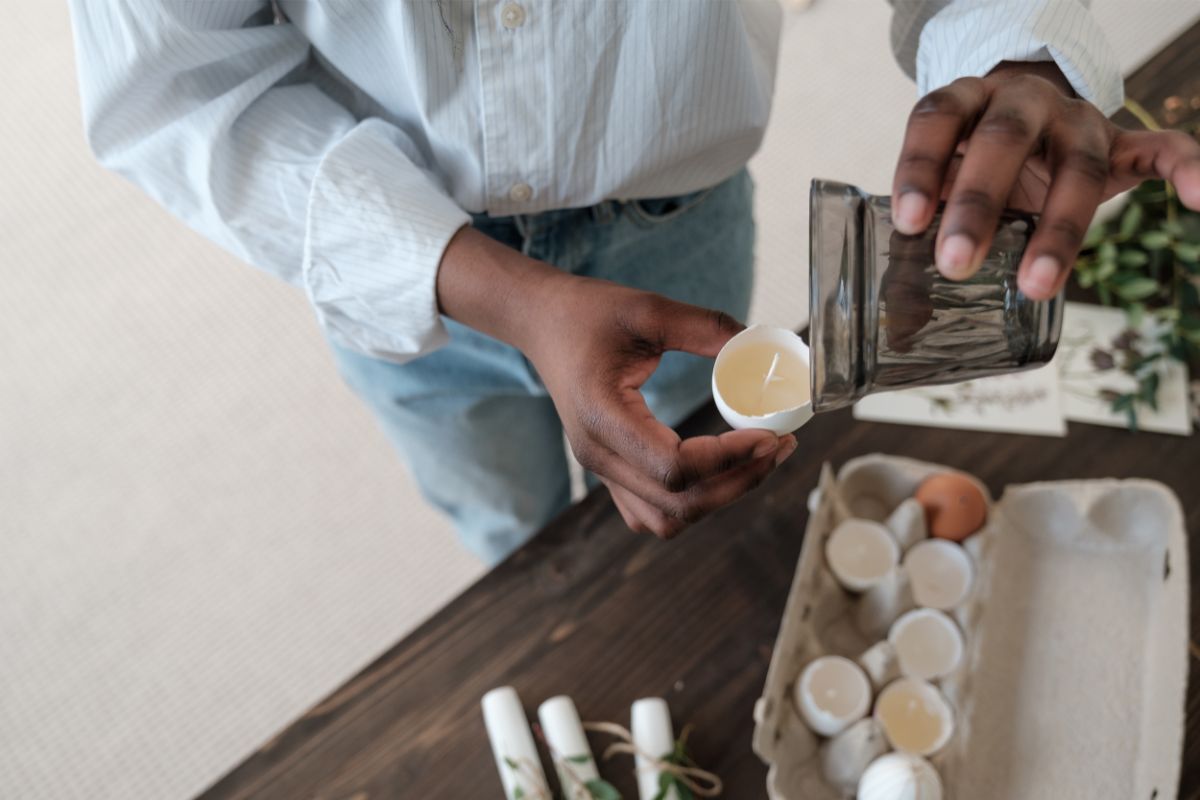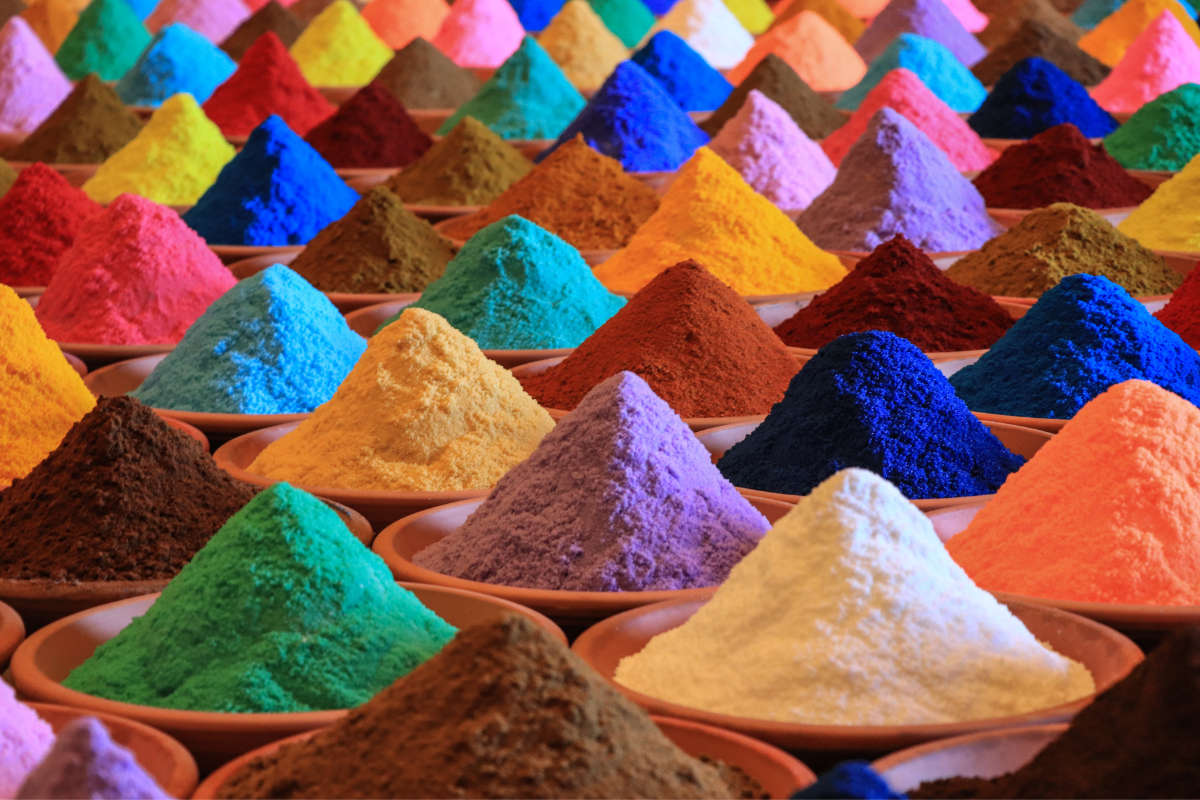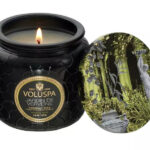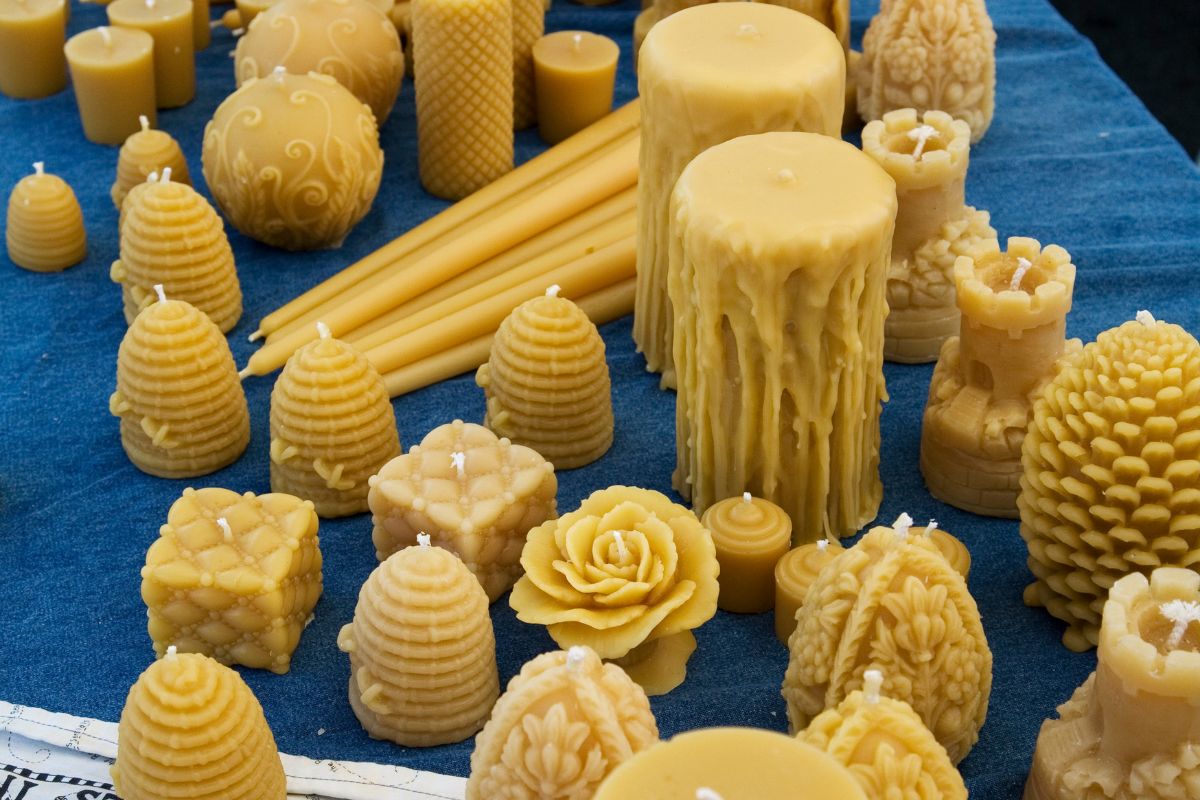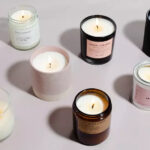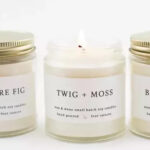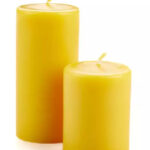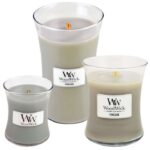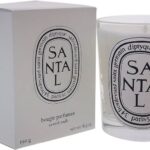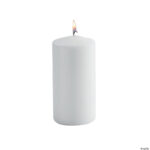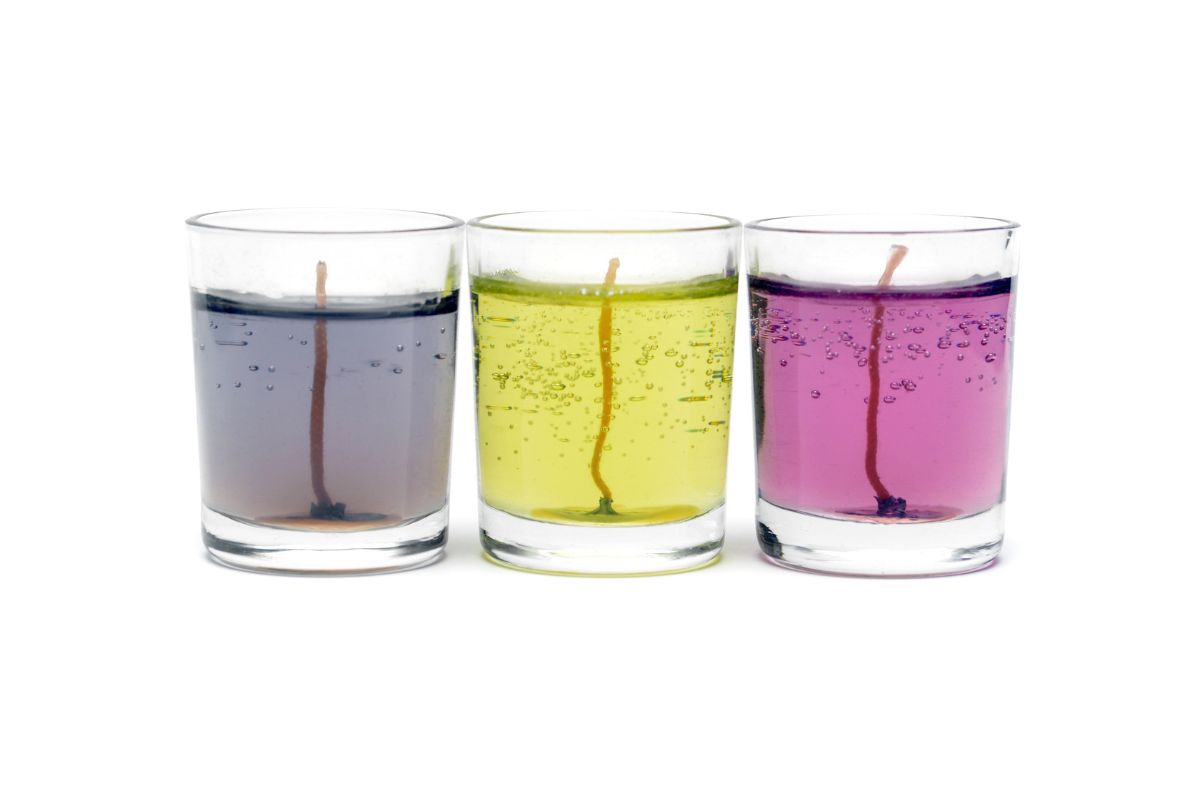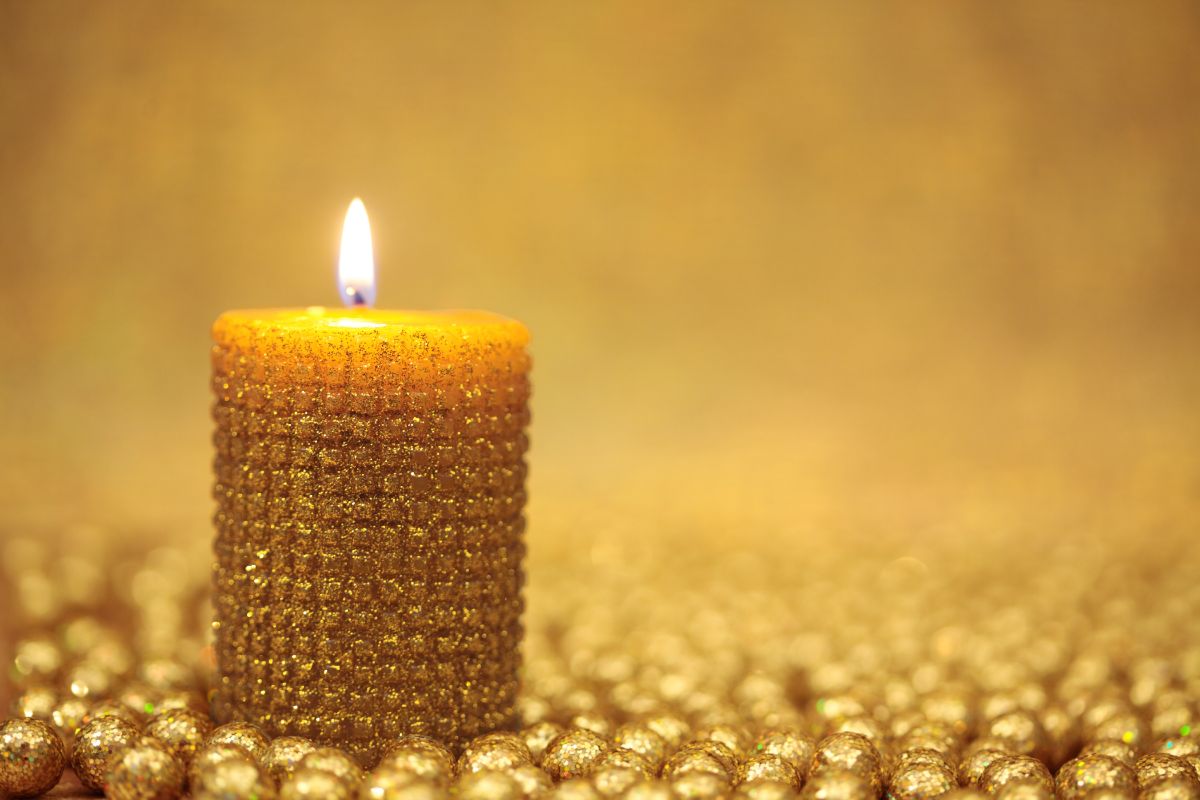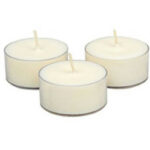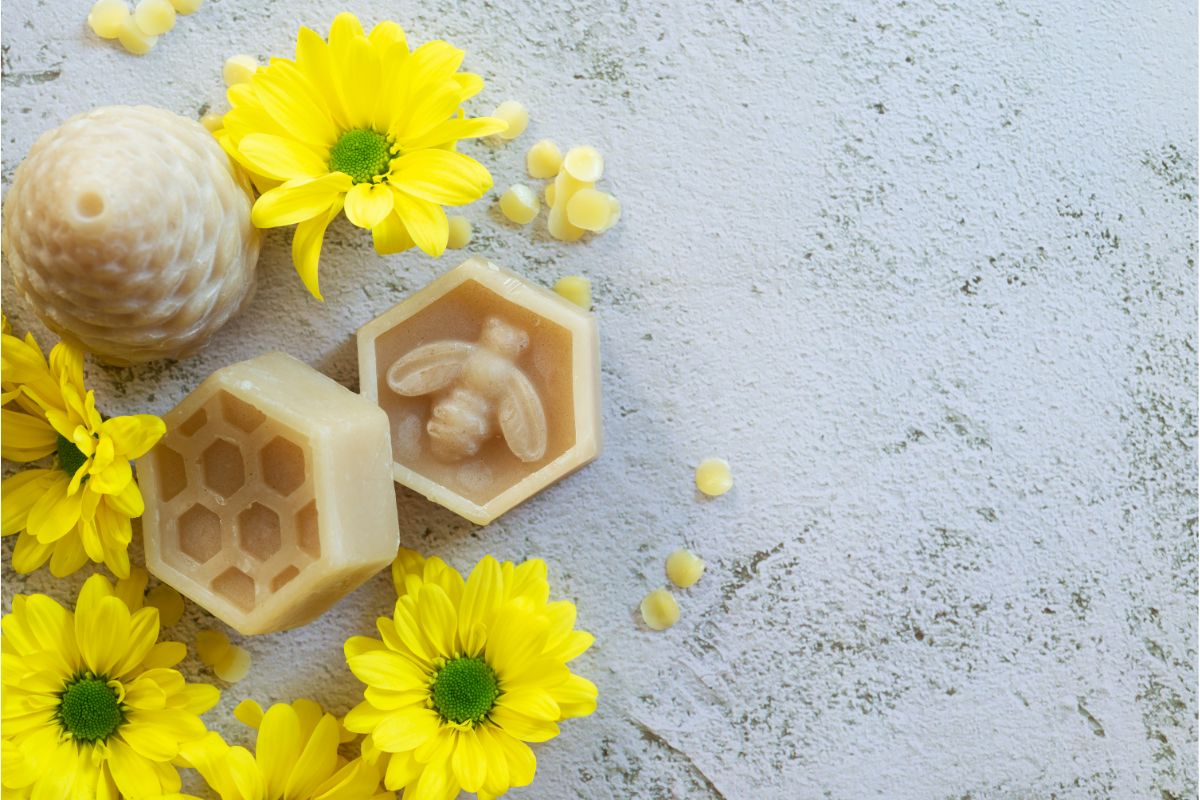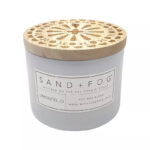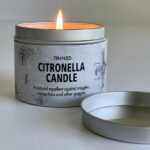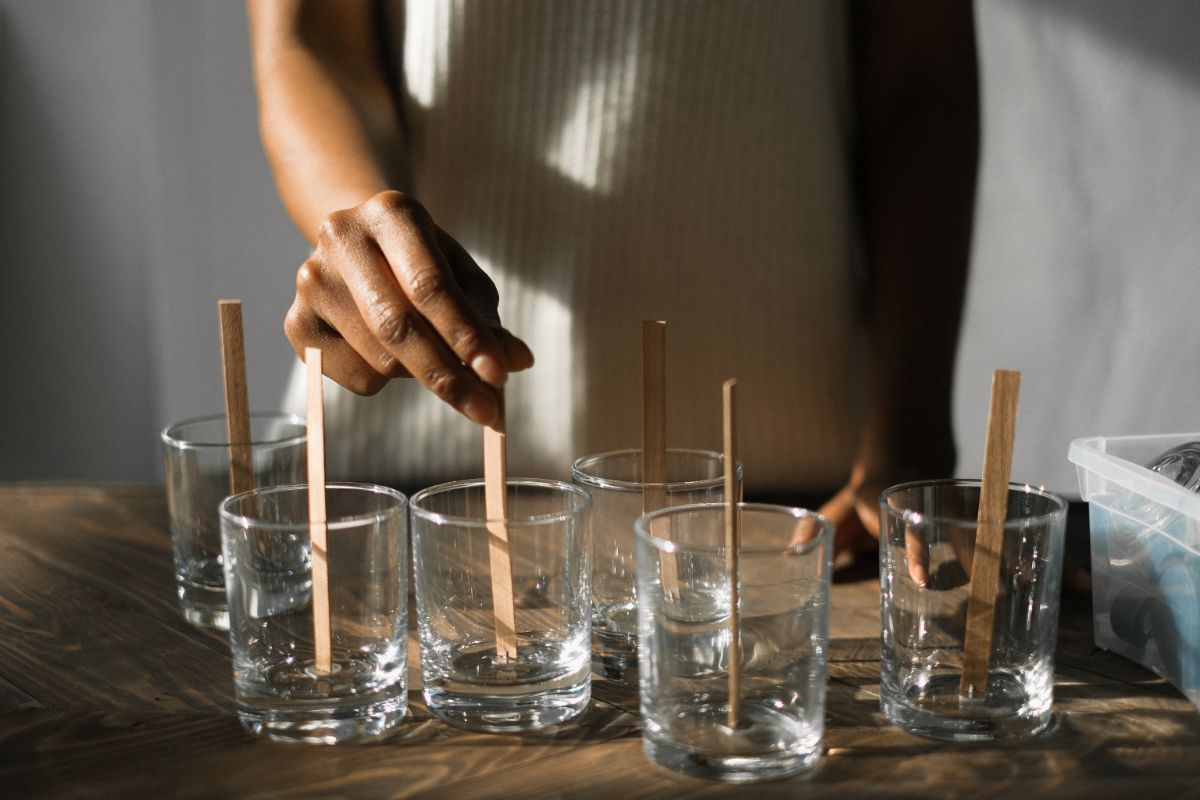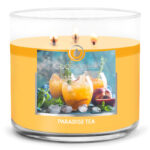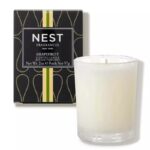Candles have been used for centuries to provide light, ambiance, and even a touch of magic to our homes. Learning how to make candles can be a rewarding and creative endeavor that allows you to craft unique and personalized additions to your home decor or wonderful gifts for friends and family. In this step-by-step guide, we'll explore the fascinating world of candle making, from selecting the right candle wax to adding captivating scents using essential oils.
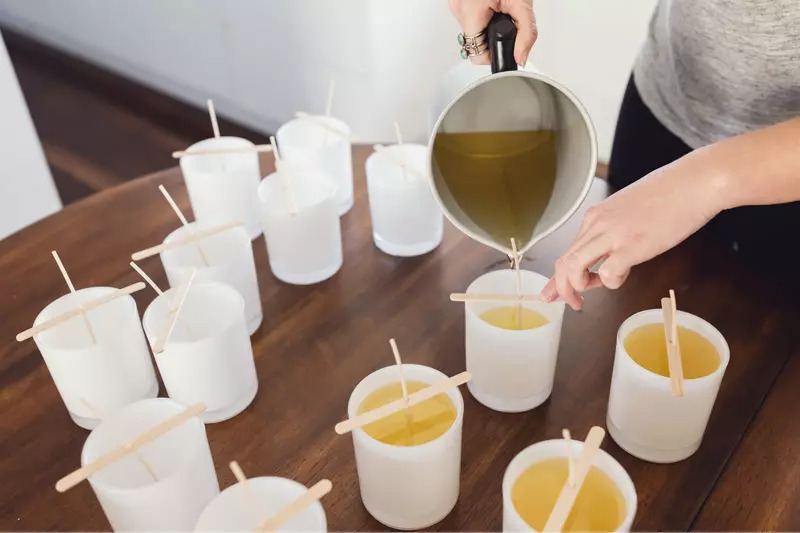
1. Introduction to Candle Making
Candle making is an ancient art that has evolved over time. In this guide, we will walk you through the process of creating your own candles using various techniques and materials. Whether you're a beginner or have some experience with candle making, you'll find valuable tips and tricks to enhance your skills.
2. Understanding Candle Wax
Candle wax is the foundation of any candle. There are different types of candle wax available, including paraffin wax, soy wax, and beeswax. Each type has its unique characteristics, but for this guide, we'll focus on soy wax, known for its clean-burning properties.
3. Gathering Your Supplies
Before you dive into the candle making process, it's essential to gather all your supplies. You'll need soy wax flakes, essential oils for fragrance, candle wicks, a heat-proof container, a double boiler, and popsicle sticks for stirring.
4. Preparing Your Workspace
Creating homemade candles can be a bit messy, so it's crucial to set up a dedicated workspace. Lay down some wax paper to protect your surfaces from any potential spills or drips.
5. Melting the Wax
Now, it's time to start the candle making process. Take your heat-proof container and add the desired amount of soy wax flakes. Using a double boiler, slowly melt the wax over low to medium heat. Stir the wax with a popsicle stick as it melts.
6. Adding Fragrance with Essential Oils
One of the most exciting aspects of candle making is customizing the scent of your candles. As the melted wax reaches around 170°F, add your chosen essential oils. For a standard-sized candle, about 20-30 drops of essential oil should suffice.
7. Preparing the Candle Container
While your melted wax is infused with delightful fragrance, prepare your candle container. Ensure the wick is centered in the container. You can use a wick holder or simply tie the top of the wick to a popsicle stick placed horizontally across the container.
8. Pouring the Wax
Carefully pour the melted wax into your prepared candle container. Leave about an inch of space from the top to prevent overflow. Pouring slowly and steadily ensures an even distribution of wax and minimizes air bubbles.
9. Allowing the Wax to Cool
Now comes the waiting game. Let the wax cool and solidify. This usually takes a few hours, so exercise patience. As the wax hardens, it will turn from a translucent liquid to an opaque solid.
10. Creating More Candles
While your first candle is cooling, you can start the process of making more candles. Repeat steps 5 to 9 to create a collection of beautifully scented soy wax candles.
11. Choosing Excellent Candle Containers
When it comes to candle containers, the options are limitless. From classic glass jars to vintage mason jars, selecting the right container can enhance the overall aesthetic of your homemade candles.
12. Adding a Decorative Touch
For a unique touch, consider adding pressed flowers or herbs to the bottom of your candle containers before pouring the wax. This adds an elegant and botanical element to your candles.
13. Using Fragrance Oils
In addition to essential oils, you can experiment with fragrance oils to create captivating scents. Fragrance oils come in a wide range of options, allowing you to craft candles that evoke specific moods or memories.
14. Perfecting the Candle Wick
The candle wick plays a crucial role in how your candle burns. Trim the wick to about half an inch before lighting it. A wick that's too long can cause uneven burning and excessive smoke.
15. Adding Visual Appeal
To create visually appealing candles, you can layer different colored melted wax or incorporate wax shavings for a textured effect. This adds depth and character to your candles.
16. The Candle Making Process
The process of making scented candles is a blend of science and creativity. Understanding how different factors, such as wax type, fragrance concentration, and wick size, affect the final product is essential for mastering the art of candle making.
17. Using Candy Thermometers
For precise temperature control, a candy thermometer is a handy tool. It helps you monitor the temperature of the melted wax and ensures that it doesn't overheat.
18. Choosing the Right Wick
Selecting the appropriate wick size for your candle container is crucial. A wick that's too small might lead to a weak flame, while a wick that's too large can cause the candle to burn too quickly.
19. Experimenting with Wax Melts
Wax melts are a popular alternative to traditional candles. They are placed in a wax melt warmer and release fragrance as they melt. You can use the same process as candle making to create scented wax melts.
20. Making Candles at Home: A Creative Outlet
Creating your own candles isn't just about producing home decor or gifts—it's also a creative outlet. You can experiment with different fragrances, colors, and container options to craft candles that reflect your personal style.
21. Troubleshooting Common Issues
Experiencing issues like tunneling (when a candle burns down the center, leaving wax on the sides) or excessive smoking? These problems can often be addressed by adjusting your wick size and ensuring proper temperature control during the melting process.
22. Caring for Your Candles
To ensure your homemade candles burn evenly and beautifully, proper care is essential. Use a wick trimmer to trim the wick before each use and keep the candle free from dust and debris.
23. Making Candle Making a Social Activity
Candle making can be a fantastic group activity. Invite friends over for a candle-making party, where you can each create your own unique candles and share fragrance blending tips.
Conclusion: Light Up Your Life with Homemade Candles
Learning how to make candles opens up a world of creativity and self-expression. From selecting the right wax to adding captivating scents with essential oils, the candle making process is a blend of art and science. So, gather your supplies, melt the wax, and pour your way to crafting beautiful, personalized candles that will illuminate your space and warm your heart.
Enter your text here...
- Cricut Hat Press: A Comprehensive Guide on Usage - August 13, 2023
- Unlocking Creativity with the Cricut Joy: A Comprehensive Guide - August 12, 2023
- The Ultimate Guide to the Cricut Maker Bundle - August 11, 2023


